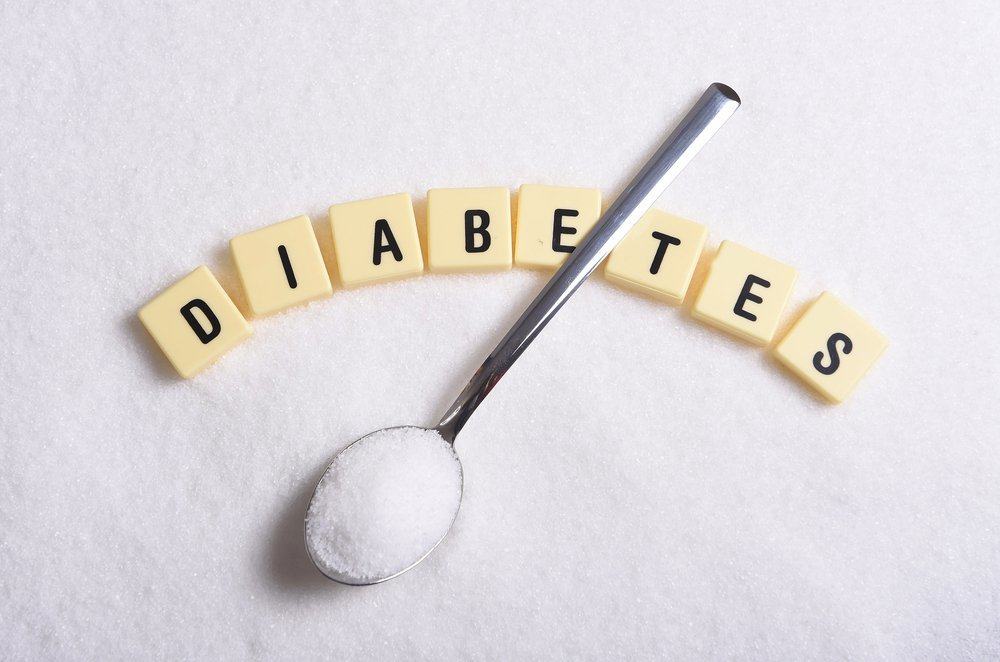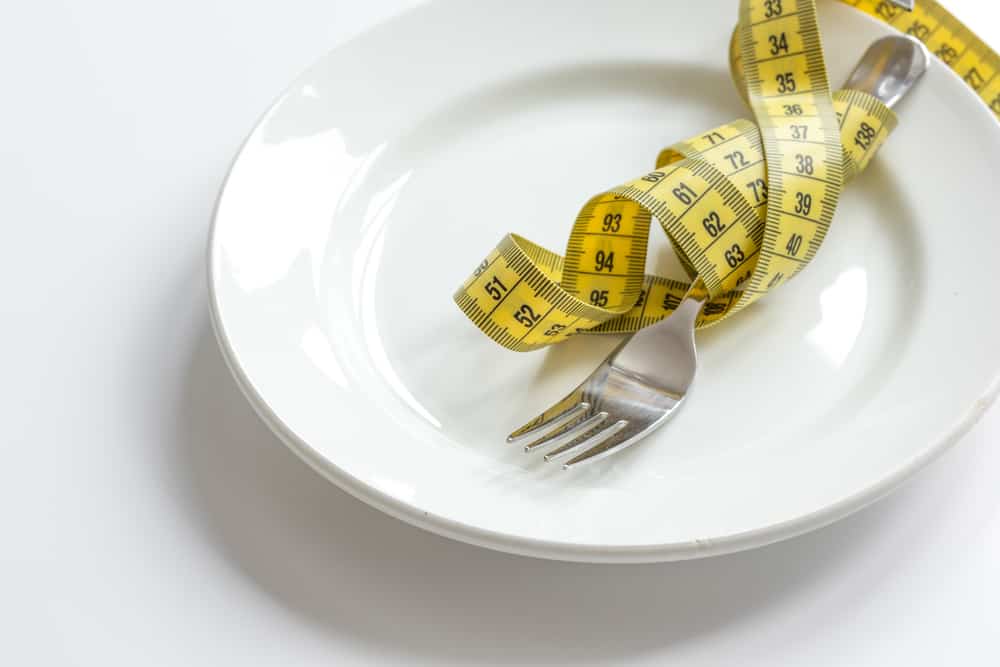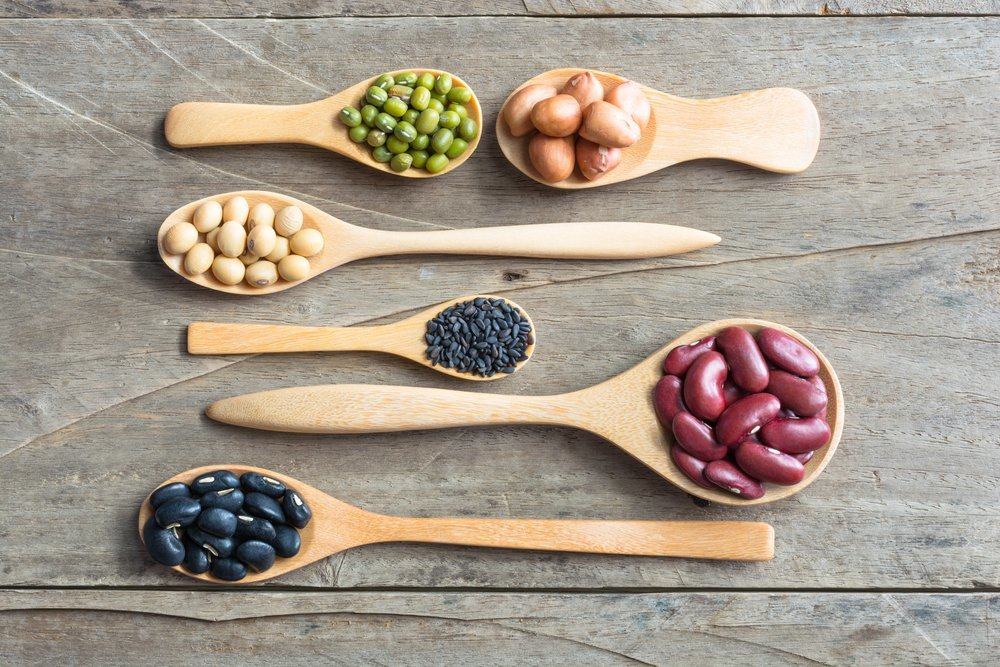Contents:
Medical Video: Diabetes Signs and Symptoms (2018)
Diabetes is a disease silent killer because many people don't realize that they have diabetes. In fact, diabetes itself has many symptoms if you notice it. Diabetes has three main symptoms, namely polyuria, polydipsia, and polyphagia or commonly called 3P. This 3P symptom is an indication that your blood sugar levels are high. If you experience these symptoms, you should immediately check your blood sugar levels to the doctor.
These three symptoms can appear either or can be simultaneously. In type 1 diabetes mellitus, these symptoms may develop rapidly, whereas in type 2 diabetes mellitus, these symptoms develop more slowly.
Polyuria
Polyuria is a condition where you are urinate more often. You can also urinate more at one time than you usually urinate. When you experience polyuria, you can urinate more than 3 liters in one day, it can even reach 5 times the amount of your normal urine. This is a very large amount because normally normal people only take 1-2 liters of urine per day. This amount depends on age and sex, so the amount of urine varies between individuals.
Polyuria can be caused by too much fluid entering the body or drinking too much (polydipsia). In addition, polyuria is also caused by high blood sugar levels in the body.
When the kidneys filter blood to produce urine, the kidneys separate sugar from urine to return to the body via blood. In people with high blood sugar levels, the kidneys filter more blood to produce urine, but not all sugar in the bloodstream in the kidneys can be absorbed again by the body.
As a result, urine still contains sugar, where urine containing sugar attracts more fluid from the body. Therefore, in the urine of diabetics (sugar) found sugar content and also the amount of urine released can be more than normal people.
In addition, polyuria can also be caused by:
- Diabetes insipidus, is a condition that affects the kidneys and kidney-related hormones, but is not associated with diabetes mellitus. This disease is characterized by a very large amount of urine.
- Kidney illness
- Heart failure
- Drugs that include diuretics, where these substances work by increasing urine output from the body
- Chronic diarrhea
- Cushing's syndrome
- Psychogenic polydipsia, is a condition in which individuals drink water excessively. This usually occurs in anxious people, middle-aged women, and in patients with mental disorders.
- Hypercalcemia, is an increase in calcium levels in the blood
- Pregnancy
Polydipsia
If polyuria makes you want to urinate more often, then to compensate, the body will replace the body fluids that come out by drinking more water. Therefore, polydipsia isexcessive thirst so you want to drink more. In addition to excessive thirst, polydipsia is also usually accompanied by prolonged or prolonged oral dryness.
Polydipsia or excessive thirst is usually caused by the amount of fluid that comes out of the body (polyuria). In diabetics, more urine is released from the body, causing the body's cells to become dehydrated. This causes you to feel thirsty. The more you drink because of thirst, the more urine will come out of your body. This cycle will continue in diabetics.
Polydipsia can also be caused by eating too much salty or spicy food. In addition, polydipsia can also be caused by:
- Diarrhea
- Gag
- Many sweat
- Do heavy activity
- Losing a lot of blood
- Certain drugs
Prolonged thirst can be caused by:
- Diabetes mellitus
- Diabetes insipidus
- Dehydration
- Loss of a lot of body fluids originating from the bloodstream into the tissues. This can be caused by burns, severe infections (sepsis), heart failure, liver failure, or kidney failure.
- Psychogenic polydipsia
Polyphagia
Polyphagia is a condition where you are often feeling hungry excessive or your appetite increases. This hunger in polyphagia continues even though you have eaten more than usual. In polyphagia, hunger can just appear or can also be caused due to depression or stress.
In people with diabetes or who have high blood sugar levels in the body, blood sugar (glucose) cannot completely enter the cell because the body experiences insulin resistance or lack of insulin production by the body. This makes the body unable to convert all glucose into energy. As a result, the body lacks energy and triggers hunger.
If you eat, then this also doesn't help. Because eating will only add blood glucose that is already high, so it will only increase your blood glucose level without being able to convert it to energy. The best way to overcome this is to do sports. Exercise can help lower blood sugar levels by stimulating insulin production by the body.
Polyphagia can be caused by:
- Diabetes mellitus
- Hypoglycemia (low blood sugar level)
- Hyperglycemia (high blood sugar level)
- Worry
- Stressful
- Depression
- Bulimia
- Binge eating
- Hyperthyroidism
- Premenstrual syndrome
- Certain drugs, such as corticosteroids
- Some psychological conditions
- Rare medical conditions, such as Kleine-Levin syndrome and Prader-Willi syndrome
READ ALSO
- Why Are Diabetes Patients at Risk for Heart Failure?
- Room Temperature Can Cause Complications In Diabetes
- 5 Important Applications to Monitor Your Diabetes












